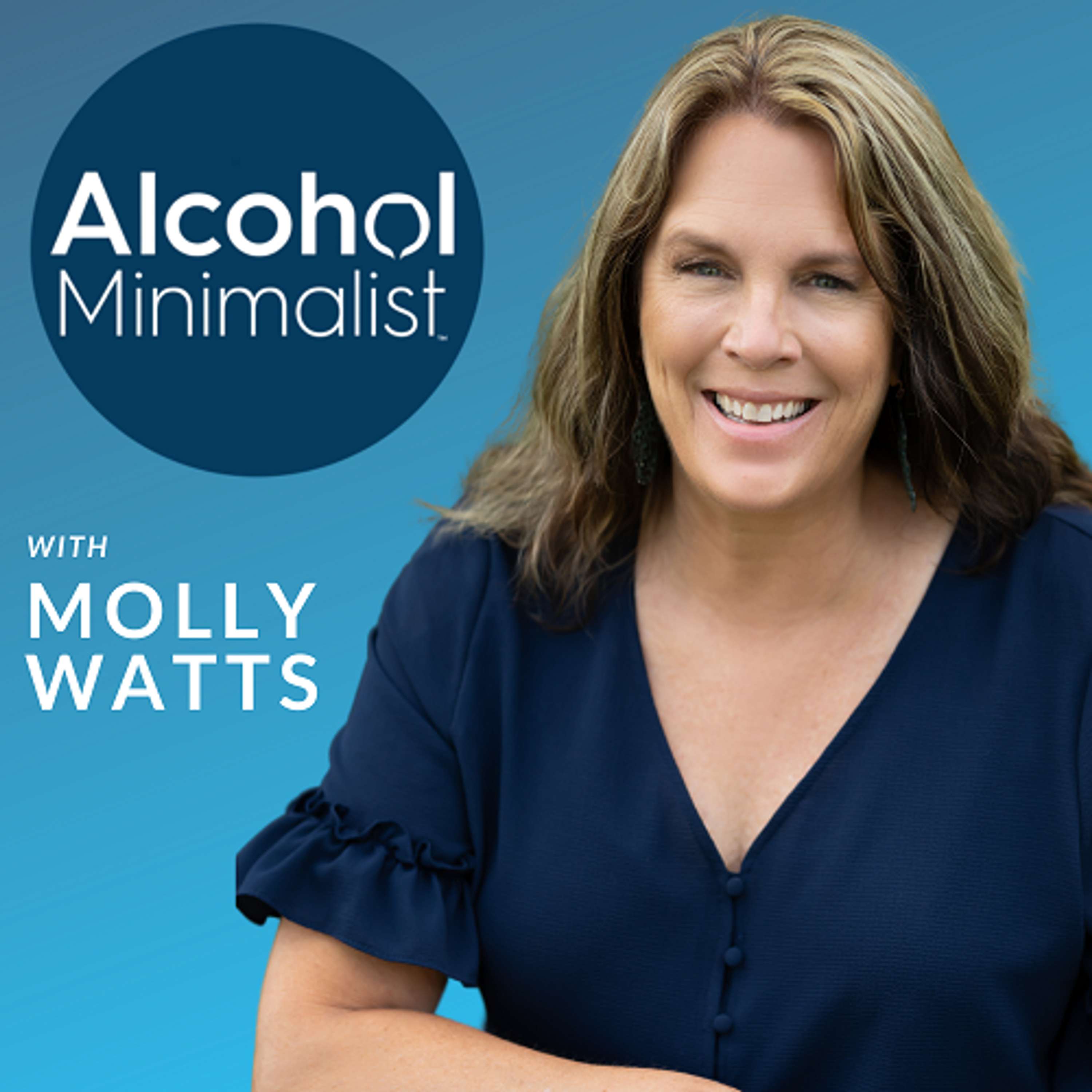
Somatic Healing with Dr. Luke Sniewski

Alcohol Minimalist: Change Your Drinking Habits!
Shownotes Transcript
This week on the podcast I'm talking about somatic healing with Dr. Luke Sniewski.
Learn about what somatic healing involves and how to use somatic exercises to get better in tune with your body. :
Dr. Luke Sniewski) (Ph.D. in psychology) is a New Zealand well-being coach and somatic therapist. He is a certified practitioner, mentor, and facilitator of Compassionate Inquiry), a therapeutic approach developed by renowned Gabor Maté), aimed at helping people unearth the root causes of their suffering and self-destructive cycles. In November 2022, he launched the book "Somawise: Get out of your head, get into your body"), which became a best seller in three categories. Luke argues that authentic change begins with silence, stillness, and the courage to look inward. We may not like what we find there, but getting into our bodies is where the real work of change is done. Through this awareness, we are able to liberate ourselves from our old patterns and core beliefs
Buy Breaking the Bottle Legacy: How to Change Your Drinking Habits and Create A Peaceful Relationship with** Alcohol on Amazon**) or most online retailers.
Join my private FB group Alcohol Minimalists here: https://www.facebook.com/groups/changeyouralcoholhabit)
Has this podcast helped you? Please leave a review wherever you listen to podcasts!
This week on the podcast I'm talking about what causes your drinking...and why alcohol isn't the problem.
Follow me on Instagram: @AlcoholMinimalist
Have you grabbed your free e-book, "Alcohol Truths: How Much is Safe?" Get it here. )
Low risk drinking guidelines from the NIAAA:
Healthy men under 65:
No more than 4 drinks in one day and no more than 14 drinks per week.
Healthy women (all ages) and healthy men 65 and older: No more than 3 drinks in one day and no more than 7 drinks per week.
One drink is defined as 12 ounces of beer, 5 ounces of wine, or 1.5 ounces of 80-proof liquor. So remember that a mixed drink or full glass of wine are probably more than one drink.
Abstinence from alcohol Abstinence from alcohol is the best choice for people who take medication(s) that interact with alcohol, have health conditions that could be exacerbated by alcohol (e.g. liver disease), are pregnant or may become pregnant or have had a problem with alcohol or another substance in the past.
Benefits of “low-risk” drinking Following these guidelines reduces the risk of health problems such as cancer, liver disease, reduced immunity, ulcers, sleep problems, complications of existing conditions, and more. It also reduces the risk of depression, social problems, and difficulties at school or work.
If you' are unsure about whether or not you have alcohol use disorder, please visit the NIAAA) for more information.
** ★ Support this podcast ★) **